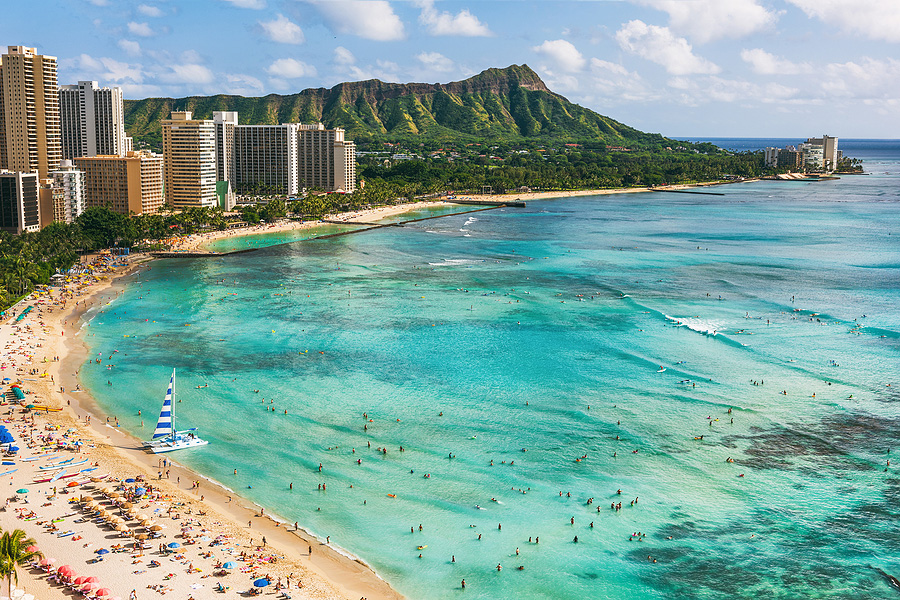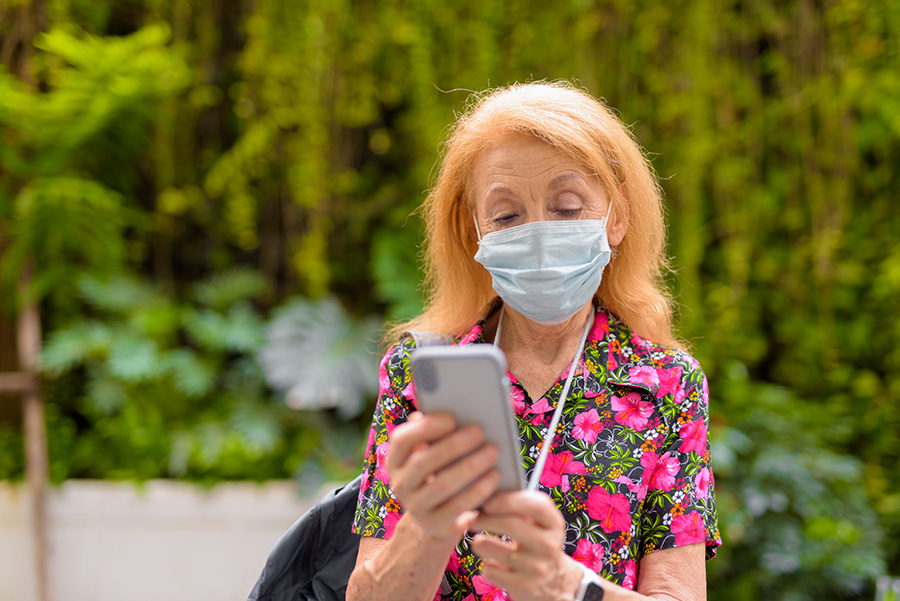Hawaii is open to visitors – here’s the latest update on what COVID-19 documents you need

After months and months of lockdowns, America is slowly opening up again and at last we are relatively free to travel, with one caveat. We must prove that we are either free of the COVID-19 virus, or we can prove we have been fully vaccinated against it. This is pretty black and white, with the only exception being children under the age of 12 who are not eligible for vaccination, and nor do they need to prove they are virus free.
When it comes to what you can and cannot do in Hawaii, you should note that as at the beginning of October 2021, the islands are categorized as Tier 3, which means that many social events, such as tours, luaus and boats can only operate at 50% capacity.
Now, in theory, everything really is that simple and straightforward.
In practice it gets a little more complicated, but certainly not to the point that it makes the situation all too off-putting to travel.
It all comes down to what is required when it comes to ‘proof’ that you are virus free or have been fully vaccinated, and that the COVID-19 testing kit or vaccination has been approved by the US FDA or the Hawaii Department of Health.
What documentation do you need to come to Hawaii if you are unvaccinated?
If you are unvaccinated, then to come to Hawaii you will need to take what is often referred to as a lateral flow test, a U.S. Food and Drug Administration (FDA) emergency use authorization, or approved molecular test, or antigen test within 72 hours prior to your arrival in Hawaii, to check if you are free from the COVID-19 virus. The test must be negative. If travelling to Hawaii from outside the U.S., the test must be one approved by the U.S. FDA or by the Hawaii Department of Health (HDH) and the documentation you have as proof of your negative COVID-19 test must be in English or in a language that can easily be understood, such as Spanish. It is best to check in advance if your documentation is not in English.
What documentation do you need to come to Hawaii if you are vaccinated?
To be compliant with the necessary regulations concerning vaccinations against the COVID-19 virus, you must have received the necessary vaccination(s) at least 14 days prior to your arrival in Hawaii. Providing you have proof of vaccination, you do not have to have taken an antigen test prior to your arrival. It is important that you have the correct, formal documentation indicating that you have been vaccinated against COVID-19. This documentation can include:
- Hard copy of a state-approved vaccination card.
- A photograph or digital copy of a state-approved vaccination card.
- A Hawaii state-approved digital/smart device application (a QR code) confirming full vaccination status (including via the Safe Travels program/application or Hawaii SMART Health Card or SMART Health Card Verifier App).
- Identification with the same information as the proof of vaccination is required.
- Proof of a U.S. FDA approved, or U.S. FDA EUA vaccination (currently Moderna, Pfizer and Johnson & Johnson) administered outside the United States is acceptable.
As previously mentioned, children under the age of 12 are exempt from all COVID-19 documentation requirements.
What about mask wearing?
In general terms, if you are indoors in premises where the general public has access, you must wear a non-surgical-grade face mask covering your nose and mouth. This is relaxed for the purposes of eating and drinking, but check with the owners of any such premises prior to entering if there is no clear signage in the entrance.

If you are outdoors and can maintain a safe six-foot distance from any other persons, you do not have to wear a mask.
If you are outdoors and there are crowds, i.e., more than ten people, then you should wear a mask.
The rules regarding children differ to those relating to vaccinations and the rules for masks apply to all children except those under the age of five.
Masks do not need to be worn by those of you who have a medical condition where wearing a mask would detrimentally affect your ability to breathe. However, you will require a formal letter from your physician or medical specialist indicating the reasons for your exemption from wearing a mask.
Further Information
If you still have concerns regarding the rules on COVID-19 tests and vaccinations relating to Hawaii, two excellent websites with comprehensive information are:
